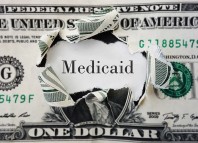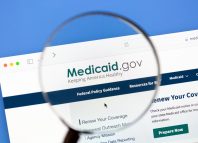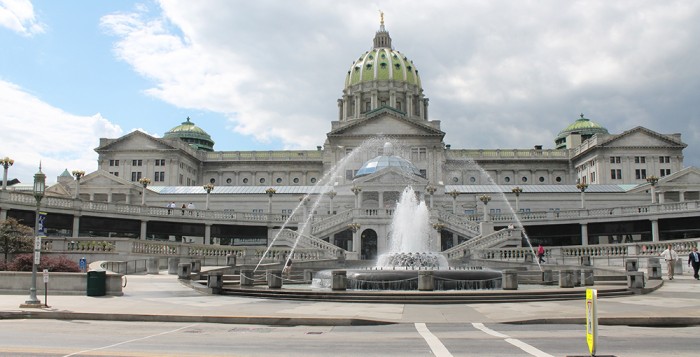Last week, the State Senate passed two funding bills, SB1000 and SB1001, on party-line votes. These bills would authorize short-term funding for health and human service providers as well as education. The funding would be retroactive to July 1, the start of the current 2015/16 Fiscal Year, and would last until the end of October, 2015
After passing the Senate chamber, the two short-term budget bills were sent to the House. The bills are scheduled for final passage on Thursday, September 24, and then they will be sent to the governor for his signature.
According to the governor and Democrat leadership, the stopgap budget bills do not solve the problem. Democrats argue that the budget passed by Republicans in June was ineffective and the governor had every right to veto it. Furthermore, they assert that passing short-term funding bills based upon the vetoed budget is unwise, when the governor has proposed something comprehensive and even better. Democrats also contend that an approved stopgap would make it less likely for negotiations with Wolf, who has said he will veto the stopgap, to produce a full budget.
Republicans maintain that passing temporary funding for schools and human service agencies makes sense and negotiations would not stop just because stopgap funding was approved. Republicans are asking why those who need state dollars should be forced to wait for at least some funding while the Republicans and the governor work on a permanent budget.
RCPA has been, and continues to be, concerned about the effects of a late state budget on health and human service providers. The state budget stalemate between the General Assembly and Governor Wolf is having real and lasting effects on these providers and the people they serve across the Commonwealth.
RCPA supports the stopgap funding. The association has been in contact with the General Assembly and the governor’s office, encouraging them to pass and sign the stopgap funding bills into law, so health and human service providers can continue services to the most vulnerable individuals throughout Pennsylvania.
In anticipation of both bills’ final passage in the House, RCPA is strongly encouraging members to contact the governor today, to encourage him to sign the stopgap bills, as was done by Governor Rendell in 2003 and 2009, until a compromise can be reached on a permanent spending plan for FY 2015/16.












